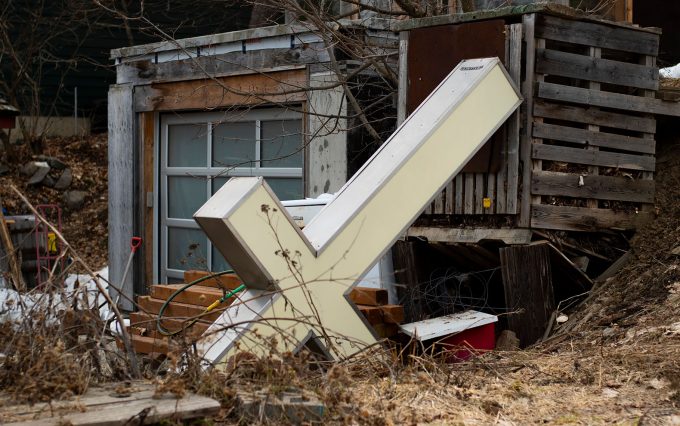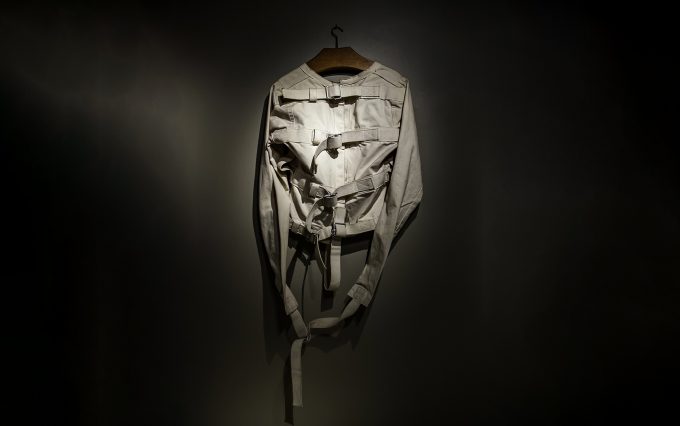#hungarianliterature
A group of people in a therapy session explore the more sumptuous sides of their hidden desires and touch on the intertwining of trauma and desire.
This beautiful, despairing poem about a biker is a love letter to someone we never missed and an obituary to a stranger we never knew.
A man who fled his youth, and fled authoritarian Hungary reflects on the path, the women, and the romance that led him to maturity.
Weary and worn, Christiana Democracy considers her name, its history, and questions whether in this world a person can still believe.
Closed wards, inertia, and the summer the rivers broke their banks—a meeting between two young people in a cheap bar unearths buried emotion.
János Háy asks, why write for foreign readers about Sándor Petőfi, a great poet of a tiny linguistic community, a deceased colleague, a revolutionary?
Szabolcs is living in a yurt, where he seeks refuge from life’s upheavals in lore and myths, when he collides with a younger generation.
Written before Russia’s invasion, Hungarian writer Diána Vonnák explores the lives sucked into the Russo-Ukrainian war since 2014.
A poem by the British poet and translator, born in Budapest, George Szirtes.














